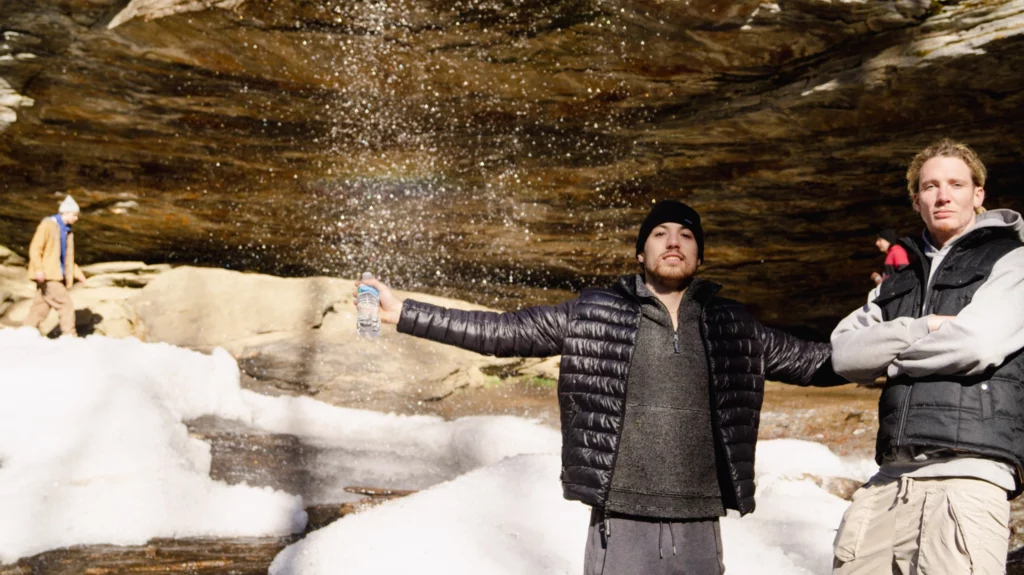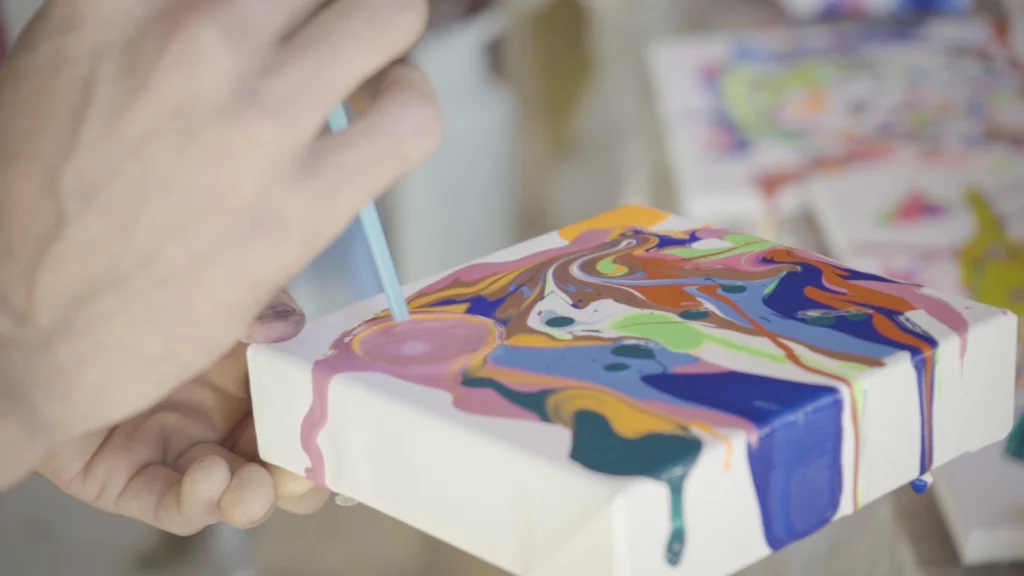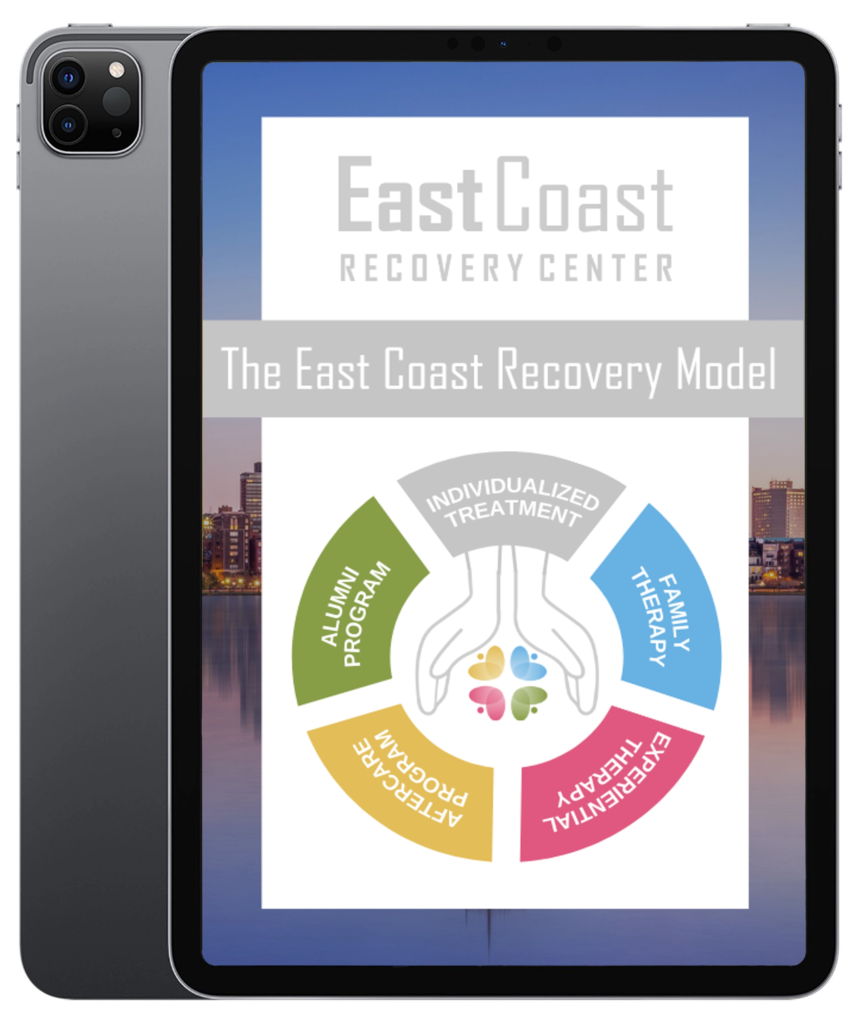Experiential Therapy in Boston, Massachusetts


Through experiential therapy, a person in treatment may learn how to confront these issues without turning to drugs for an escape. By coming to terms with repressed emotions and past traumas, those in recovery may develop a stronger sense of self. Those suffering from substance use disorders can benefit from experiential therapies, which are hands-on, engaging activities that help addicts cope with past trauma. In addition to using nontraditional treatment locations, experiential therapy helps addicts process and deal with repressed emotions and feelings. Some addicts may find speaking to therapists in a traditional counseling setting challenging, which is why experiential therapies are offered in more comfortable locations like the outdoors or in an art or music studio.
Expressive tools and activities, such as role-playing, arts and crafts, music, animal care, guided imagery, and various forms of recreation, are used in experiential therapy to re-experience and re-enact past and present emotional situations. The client focuses on the activities and, as a result, begins to identify emotions associated with success, failure, responsibility, and self-esteem. The client, under the guidance of an experiential therapist, may release and explore negative emotions such as anger, hurt, and shame as they relate to prior experiences that may have been blocked or are still unresolved.
Experiential therapy is frequently employed in treating eating disorders, behavior problems, anger management, grief and bereavement recovery, substance abuse, and compulsive behavior such as gambling. Those who wish to eradicate painful, unhappy, or adverse feelings from their pasts, alter their present and future relationships, and achieve their full potential may benefit from it. It is available in individual, medical, and clinical settings, including recovery, treatment, and rehabilitation programs, as well as traditional talk therapies.
Because there are many forms of experiential therapy, you may find yourself focusing on all sorts of hands-on activities and experiences in addition to talk therapy. By working with a therapist to participate in these activities, you can gain deeper access to your own emotions, creativity, inner thoughts, and interactions with others. At the same time, you will learn to reflect on your experiences in order to make your own decisions as you move through life and allow yourself to be who you are. Your therapist will monitor your awareness and perceptions of your experiences as you participate in these activities, and you will consequently explore the significance of your emotions. You may talk with your therapist either while you are undertaking the activity or in a private therapy session.

There are various ways in which experiential therapy can be applied. The following are among the most common experiential therapies :
Using art therapy, you can work through issues and become more self-aware by employing creative artistic processes and tools. Painting, sculpture, and drawing are all examples of tools used in this form of experiential therapy.
Drama therapy is a common form of experiential therapy. It involves recreating or reenacting troublesome situations in a secure location in order to liberate any suppressed or negative emotions associated with them.
Therapeutic play is a form of therapy that is frequently used with children to help them cope with psychological issues that they are unable to express verbally.
Having interactions with animals and caring for them can be therapeutic. Animals like dogs or horses can be included in animal-assisted therapy sessions.
Wilderness therapy and adventure therapy are types of outdoor therapy. They combine wilderness outings, adventurous activities, and therapy sessions.
As mentioned previously, experiential therapy is very beneficial for individuals who need assistance in uncovering suppressed emotions or past incidents the following are some of the many additional benefits of participating in experiential therapy:
Addiction can cause you to focus exclusively on substance use, at the expense of everything else in your life. With experiential therapy, you may become more self-aware of the world around you as well as your desires, needs, and emotions. Because of this, you may be able to handle problems in a healthier way than before.
Experiential therapy can assist you in dealing with the painful emotions and traumas that you’ve experienced. Even under the best circumstances, dealing with emotional baggage can be quite challenging. By providing new approaches to problem-solving, experiential therapy may help you gain new insights. By focusing on the activity rather than just talking, you gain some assistance in dealing with the pain.
By participating in experiential therapy, you may learn to develop healthier relationships with others. Addictive behaviors can negatively impact your connections with others and also with yourself. In addition to learning to communicate more effectively, you may also gain a better grasp of your personal values by participating in experiential therapy.
This type of therapy aims to construct proactive problem-solving rather than simply reacting to the environment. You can develop better coping strategies for future difficult situations by understanding the impact of your choices and the consequences they have on you.
Using experiential therapies in the treatment of substance use disorders is a common practice. It is important to remember that these techniques are not the primary method of therapy for patients suffering from substance use disorders, but they are used in conjunction with other conventional therapies including withdrawal management techniques (if necessary), medically assisted treatment, substance abuse therapy, and 12-step group involvement (if desired). These techniques may be particularly valuable in helping people with substance use issues connect with others in traditional talk therapy approaches. Many types of expressive therapies previously listed may assist with battling denial, fostering cooperation in treatment, growing insight, and encouraging a positive approach to substance use disorder treatment.
Individuals should only be provided experiential therapy if they are appropriate in terms of age or maturity level and if they are physically able to participate in the specific form of treatment. Individuals who are actively psychotic or people with severe cognitive impairment or physical limitations should not receive most of these therapies.
Your insurance coverage provider may cover experiential therapy as part of a formal rehab treatment plan. If you are unsure how treatment may be covered by your current plan, the experts at East Coast Recovery are happy to verify your insurance for you. Click here to get started.
Substance use disorders can benefit from expanded treatment options such as experiential therapies. While they are not typically used as stand-alone treatment protocols or primary intervention methods, they may be very beneficial when used with traditional substance use disorder treatment interventions. The person and situation must be appropriate for the specific type of experiential therapy, and only those who are trained and certified in that type of therapy should deliver the treatment.
Furthermore, if you are interested in a certain kind of experiential therapy, such as art therapy or animal-assisted therapy, you can speak with one of our many certified therapists at East Coast Recovery Center who have training and experience in that field. Because experiential therapy can be intense and immersive, you should always work with a therapist you trust and can build a strong therapeutic connection with.
East Coast Recovery Center offers a variety of therapies, in addition to experiential therapy. Working with these together may give you the skills you need for permanent recovery.
Every individual’s path to recovery and life is unique, just as substance abuse treatment strategies must be. East Coast Recovery Center wants to assist those fighting substance abuse. Please contact us for details about experiential therapy or the many other programs and services we offer. We look forward to helping you.

Download Our FREE East Coast Recovery Model eBook
FREE Insurance Verification









